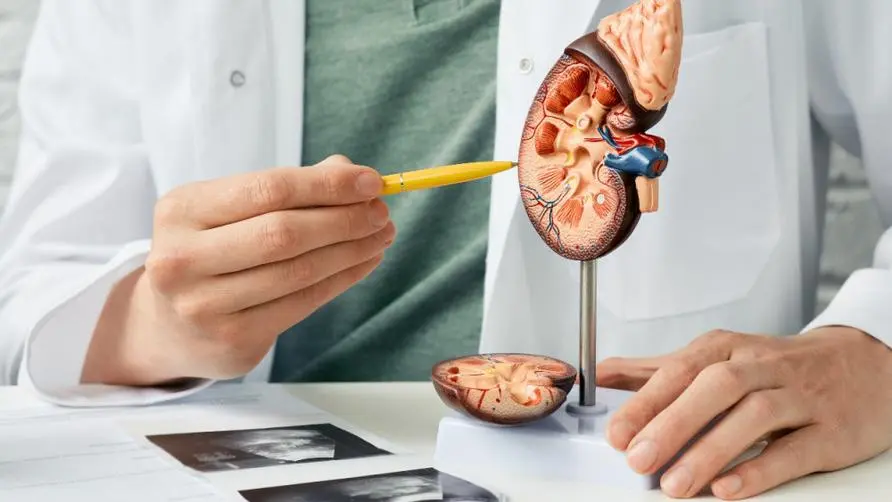Is it easier to lose weight if you get up early and exercise? Animal studies: Increased lipolysis and metabolic rate

Is it better to get up early to exercise? Animal studies: Increased lipolysis efficiency
A sedentary lifestyle and obesity are risk factors for type 2 diabetes. Good habits to prevent type 2 diabetes are based on regular exercise, a healthy diet and appropriate calorie restriction. However, modern people’s lack of exercise, shift work, and abnormal daily routines have greatly increased body fat accumulation and the subsequent metabolic syndrome problems. How to improve exercise efficiency within a limited time has also become a research direction for scientific experiments.
A recent animal study from the Karolinska Institutet in Sweden and the University of Copenhagen in Denmark found that mice that exercised earlier in the circadian cycle had lower metabolism than mice that exercised at other times. Perform better. In mice that exercised earlier, the efficiency of body fat decomposition and heat production increased, and the gene expression of mitochondria (acting like a power plant) in adipose tissue increased, showing that mice that exercised earlier had higher metabolic rate.
Exercise changes gene expression in adipose tissue and fasting cannot completely replace it?
Mice share many physiological mechanisms with humans and are therefore often used as animal models for studying physiology and metabolism. Juleen R. Zierath, one of the authors of the study and a professor at Karolinska Institutet, said that this animal study found that exercising earlier in the day (similar to people’s morning exercise) is more effective than exercising in the afternoon and evening in terms of promoting metabolism and fat burning. It is effective and has certain reference value for some overweight groups.
The research team divided the mice into two groups and conducted RNA detection of adipose tissue. They found that only in the adipose tissue of mice that exercised earlier, exercise had a series of reactions that immediately decomposed fat. Researchers point out that fat tissue is sensitive to exercise periods, partly driven by the circadian clock.
Interestingly, a similar adipose tissue response was seen in mice fasted for 10 hours, but no adipose tissue gene expression occurred. It shows that exercise has a specific effect on stimulating adipose tissue, which plays an important role in maintaining metabolism in the body and cannot be completely replaced by fasting.
Biological clock affects fat metabolism. Disruption of circadian cycle makes obesity more likely.
Researchers pointed out that exercise has a wide-ranging impact on the metabolic mechanism. It not only promotes the growth of skeletal muscles, but also provides various positive benefits to the tissue metabolism of various organs. In fact, regular, long-term exercise has been shown to be associated with reduced body fat percentage, increased adipocyte mitochondrial activity, and reduced markers of inflammation associated with insulin resistance.
On the other hand, animals are affected by biological clocks and circadian cycles, such as shift work patterns and light changes, which can disrupt endocrine and metabolic patterns, lead to weight gain, and even affect insulin secretion and blood sugar fluctuations. In addition, the biological clock also determines the phenotype of genes related to adipose tissue, affecting changes in body fat rate throughout the day. Past animal experiments have found that mice with long-term circadian clock disorders are more likely to develop obesity.
Although this study shows that the impact of exercise on the metabolic rate and gene transcription of adipose tissue in mice is more obvious in mice that exercise earlier, it seems to help fat cells better self-regulate. However, this research is limited to animal experiments, and more research is needed to explore whether it has the same effect on humans. However, exercise plays a key role in improving metabolism and reducing body fat, and is an indispensable good habit for adults and obese people.
source:
Time of day determines postexercise metabolism in mouse adipose tissue
Further reading:
Hit the gym before work? Dutch research reveals: “8-11 a.m.” is the best time to exercise





